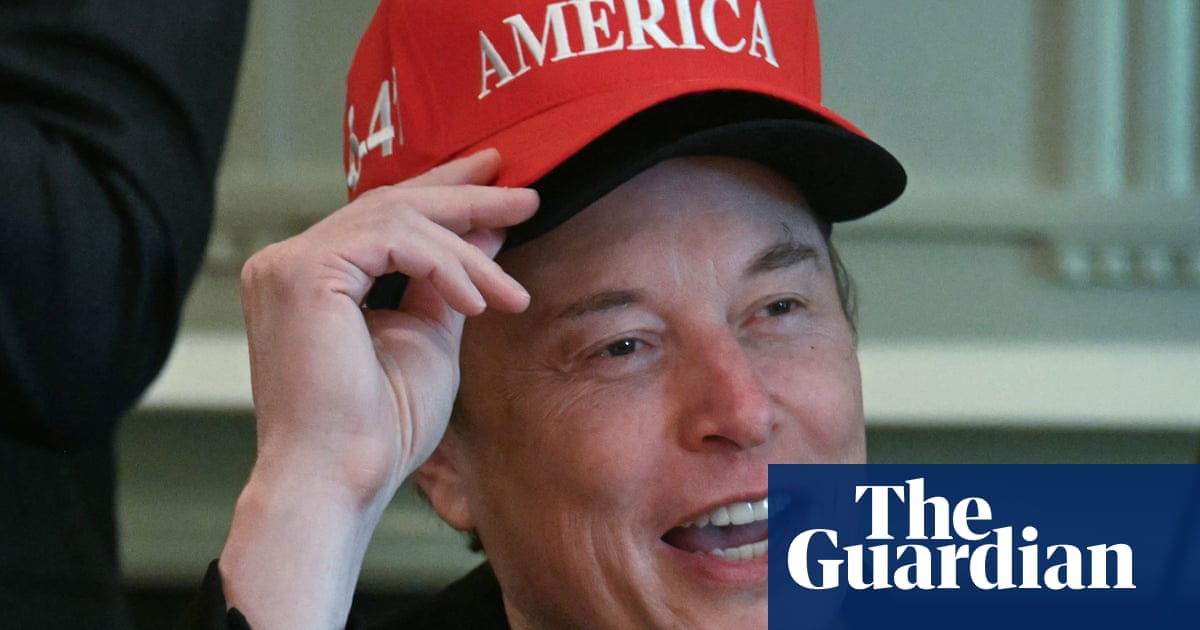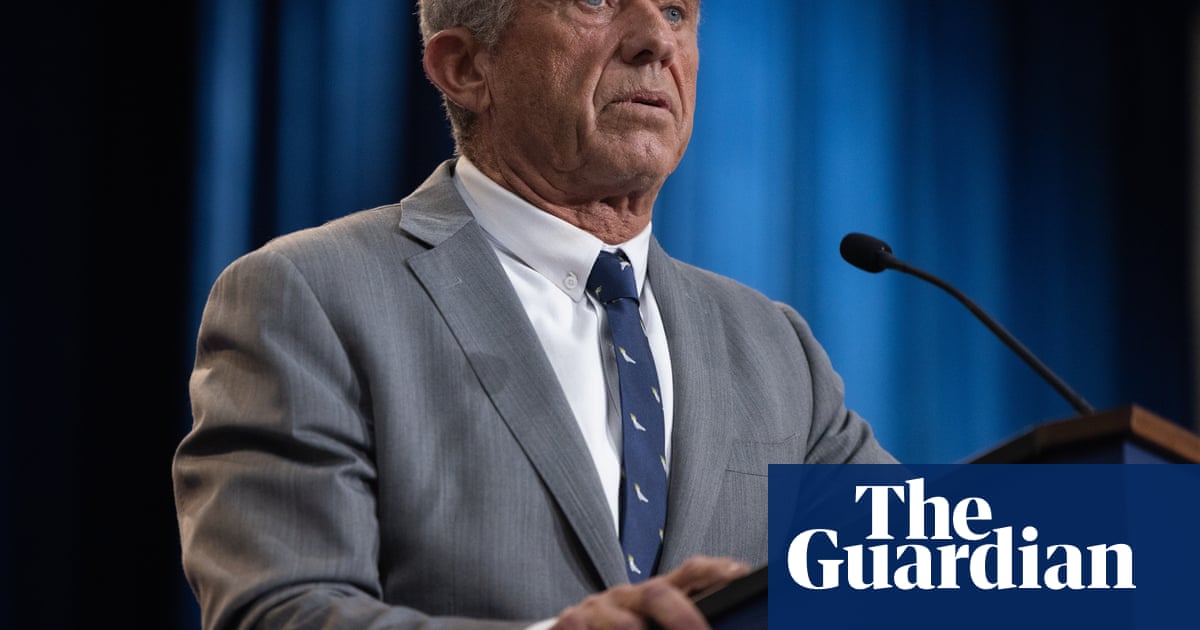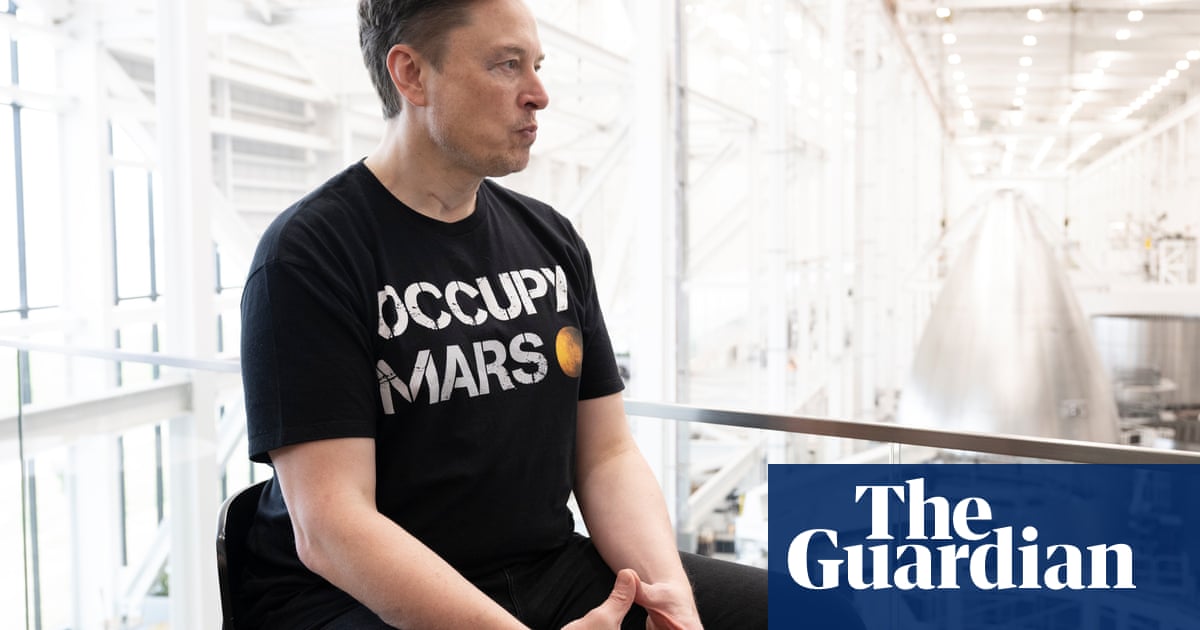The US has approached China seeking talks over Donald Trump’s 145% tariffs, a social media account affiliated with Chinese state media has said, potentially signalling Beijing’s openness to negotiations.
“The US has proactively reached out to China through multiple channels, hoping to hold discussions on the tariff issue,” Yuyuan Tantian said in a post published on its official Weibo social media account, citing anonymous sources.
US officials, including the treasury secretary, Scott Bessent, and White House economic adviser Kevin Hassett, also expressed hope for progress in easing trade tensions.
Hassett told CNBC that there had been “loose discussions all over both governments” about the tariffs and that China’s easing of duties on some US goods last week was a sign of progress.
Beijing has made little effort to contain its anger at the tariffs, which it says are tantamount to bullying and cannot stop the rise of the world’s second-largest economy. Instead, it has directed its fury at rallying public and global condemnation of the import curbs – showing no interest in a reprieve.
That said, alongside leveraging its propaganda machine to hit back at the duties, China has quietly created a list of US-made products it will exempt from its retaliatory 125% tariffs, including select pharmaceuticals, microchips and jet engines, to ease the duties’ impact.
Bessent mentioned no specific talks during a Fox Business Network interview, but said that high tariffs of 145% on the US side and 125% on the Chinese side needed to be de-escalated for negotiations to begin.
“I am confident that the Chinese will want to reach a deal. And as I said, this is going to be a multi-step process,” Bessent said. “First, we need to de-escalate, and then over time, we will start focusing on a larger trade deal.”
He said that among the first steps would be to revisit China’s failure to make good on purchase commitments for American goods made as part of Trump’s 2020 “Phase 1” trade deal that ended his first-term trade war with Beijing.
That deal called for China to increase purchases of American manufactured and agricultural products and services by $200bn annually over two years, but the Covid pandemic hit just after its signing.
Bessent said that “insidious” non-tariff trade barriers and intellectual property theft also would be part of negotiations over tariffs with China, adding: “Everything is on the table for the economic relationship.”
Once Trump’s tariffs had topped 35% they became prohibitively high for Chinese exporters.
Nomura Securities said about 16 million Chinese people could lose their jobs once the long-term ripple effects of a 50% drop in Chinese exports to the US worked their way through the economy.
Bessent said the pressure was on China because it is more dependent on exports to the US than vice versa.
“They sell us about five times more than we sell them. So their factories are closing down as we speak,” Bessent said. “We’re going into the holiday season. Orders are placed for that now. So if those orders aren’t placed, it could be devastating for the Chinese.”
Still, Beijing has been adamant it will stand and fight, rather than rush to the negotiation table – with the foreign ministry likening yielding to Trump’s tariffs to “drinking poison.”
“Before the US takes any substantive action, China has no need to engage in talks with the US,” the post from Yuyuan Tantian added, citing anonymous experts. “However, if the US wishes to initiate contact, there is no harm at this stage for China to engage.”
“China needs to observe closely, even force out the US’ true intentions, to maintain the initiative in both negotiation and confrontation,” it said.
Trump said in a US media interview published last Friday that his administration was talking with China to reach a tariff deal and that the Chinese president, Xi Jinping, had called him. Beijing last week repeatedly denied such talks were taking place, accusing Washington of “misleading the public”.
Guo Jiakun, a Chinese foreign ministry spokesperson, said on Wednesday: “As far as I know, there have been no consultations or negotiations between China and the US on tariffs”.
Chinese officials have consistently stated that Beijing is open to talks, with the caveat that “dialogue and negotiation must be based on equality, respect and mutual benefit.”
Yuyuan Tantian is not among China’s most authoritative state media outlets. The Global Times, which is owned by the newspaper of the governing Communist party, People’s Daily, has often been first to report China’s next steps in trade disagreements over the past few years.
Trump said on Wednesday he believed there was a “very good chance” his administration could do a deal with China, hours after Xi called on officials to take action to adjust to changes in the international environment, without explicitly mentioning the US.

 German (DE)
German (DE)  English (US)
English (US)  Spanish (ES)
Spanish (ES)  French (FR)
French (FR)  Hindi (IN)
Hindi (IN)  Italian (IT)
Italian (IT)  Russian (RU)
Russian (RU)  3 weeks ago
3 weeks ago























Comments